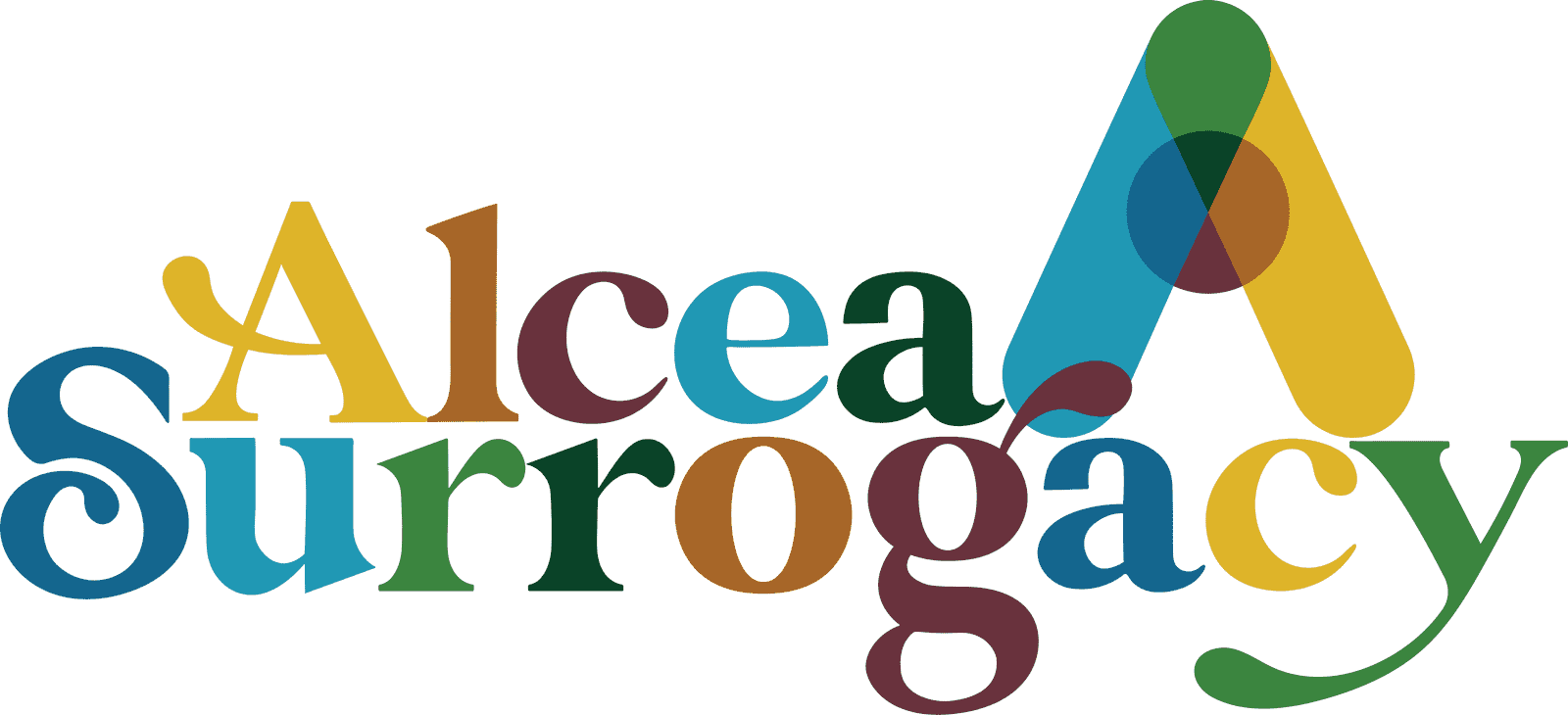Part One by Angela Richardson-Mook
Let me explain…
As I peruse social media, witnessing industry veterans encouraging intended parents away from the utilization of the CPSA, I was initially, admittedly puzzled. Failing to recognize the emotional capital spent by disregarding the security of continuity of fertility care, citing reasons like “ambiguity” in law, all while simultaneously pushing intended parents to states that lack a gestational surrogacy statute, now lands me squarely in the space of ulterior motive. Call me jaded, but witnessing fifteen years of agency failures, viral stories of contempt and irresponsibility, I thought this industry would welcome regulation with open arms.
Alternatively, such discourse indicates adherence to a troubling political stance held by a party who would proudly take pleasure in eradicating third-party reproduction if given the opportunity. An irrational fear of independent oversight, coupled with the rejection of governmental trust, welcomes a short-sighted opinion of New York’s push for agency regulation. At first glance, this may seem like a flagrant and almost conspiratorial statement. Still, I’ve sadly seen more than a few examples of seedy agencies, loopholes, and processes meant only to take advantage of all parties involved in gestational surrogacy for a dip into quick profit.
The latest case
Admittedly, this writing is not a complete account of this recent court case. Still, I use this example to both illustrate the proclivity of exploitive ill-intended entities as a means to scam and as an example of why enforced protections like the CPSA are paramount to protecting parents, surrogates, and children born of third-party reproduction. This most recent case wouldn’t have been possible under the confines of the CPSA, which mandates an independent escrow and the elimination of troublesome kickbacks.
Why?
Several reputable, respected agencies have shown extreme pushback towards the CPSA, but I ask them, why? Why fear that which can only stand to protect your clients and surrogates? Why resist a set of rules that can only serve to legitimize surrogacy and protect each of its parties? With only minor nuances encompassed within the legislation and licensing process falling outside ethical industry norms, why not embrace the idea of oversight and welcome scrutiny in the name of an exposed community?
Alcea has thrown itself headfirst into the CPSA, becoming one of the first to welcome its policies and rules. For the third-party reproductive family building to continue to flourish as a legitimate model, regulations must be established that protect all involved. Employee background checks, fiduciary stability, scrutiny of legal adherence, all that CPSA requires; it all makes sense and should be common agency practice. Guidelines intended to ensure only prepared parties are approved to be surrogates, that their already constitutionally protected rights are respected, and that they are aware of these rights, again, should be common agency practice. All the checks and balances the CPSA brings to parents and agencies alike can only serve to protect all of us.
So once again we ask with our voices loud— why wouldn’t an agency support the CPSA? Why would anyone push back against an intended parent’s ability to utilize the finest medical expertise in the world? Like any law or governmental mandate, the Department of Health could streamline a more transparent rollout. Still, Alcea will gladly put in the effort because we are confident in it being the holistically ethical path.
(1) https://health.ny.gov/community/pregnancy/surrogacy/program_license.htm
(2) https://health.ny.gov/community/pregnancy/surrogacy/
(3) https://www.justice.gov/usao-md/pr/owner-surrogacy-group-sentenced-maryland-32-months-federal-prison-defrauding-clients-fees

